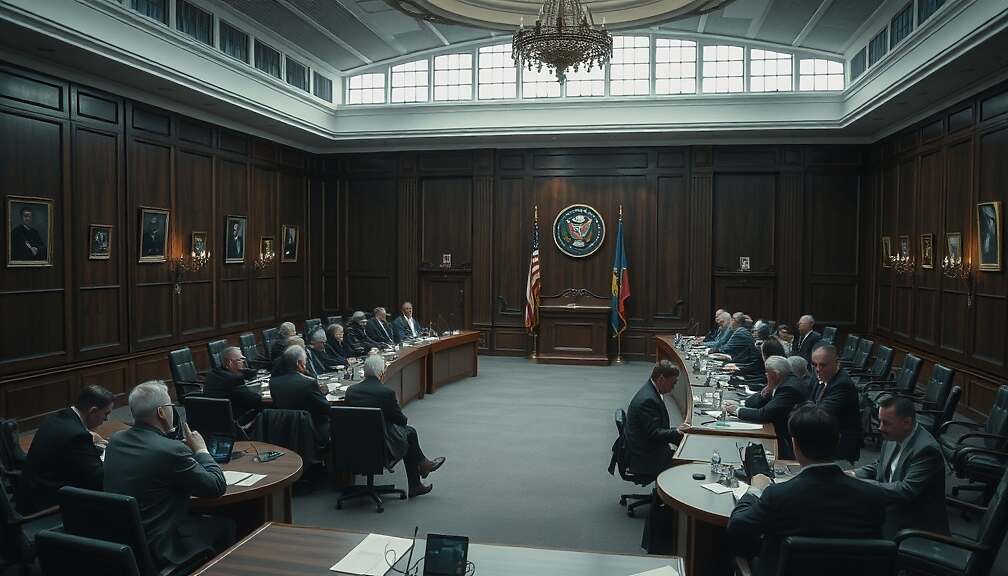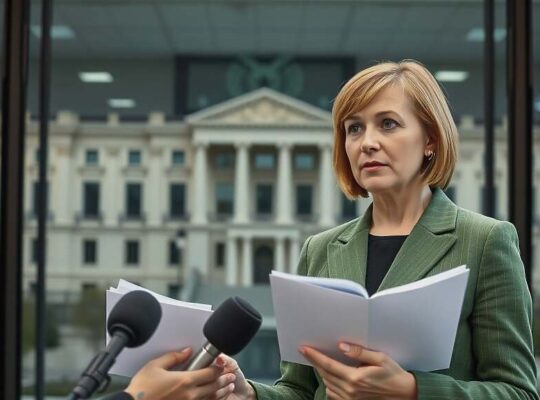The German government has adopted a notably cautious stance following a Munich regional court ruling that potentially implicates OpenAI, the developers of ChatGPT, in copyright infringement. Responding to inquiries from the dts Nachrichtenagentur, government spokesman Stefan Kornelius stated that the administration would refrain from the customary practice of commenting on judicial decisions, while acknowledging the ruling with interest.
The case highlights a growing legal gray area surrounding copyright law and its application to artificial intelligence. Kornelius emphasized that the government has yet to formulate a definitive position on the complex interplay between AI development and intellectual property rights. “I wouldn’t like to commit to anything at this point” he stated, underscoring the political sensitivity of the situation.
The response revealed a broader reluctance to engage in definitive pronouncements on AI regulation, with Kornelius stressing the imperative of fostering European innovation within any regulatory framework. The subtle messaging appeared designed to avoid stifling the burgeoning AI sector while simultaneously acknowledging the legitimate concerns raised by copyright holders.
Pressed further by journalists, Kornelius conceded that both the government and the Federal Press Office actively utilize AI tools. This admission, while seemingly innocuous, underscores the government’s dependence on the very technology now facing legal scrutiny. It also begs the question of whether government agencies, in their own adoption of AI, are inadvertently contributing to the conditions that are now being challenged in court, creating a potential conflict of interest. The muted reaction and evasive language suggest a government grappling with a rapidly evolving landscape and acutely aware of the political ramifications of taking a strong position.












